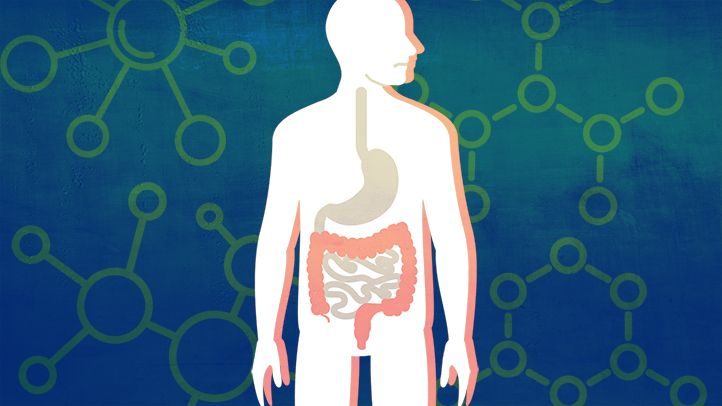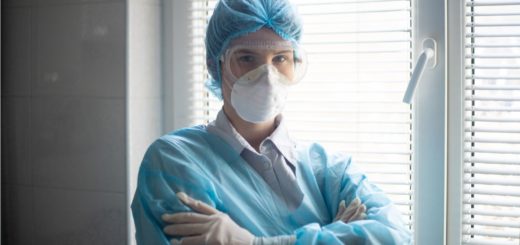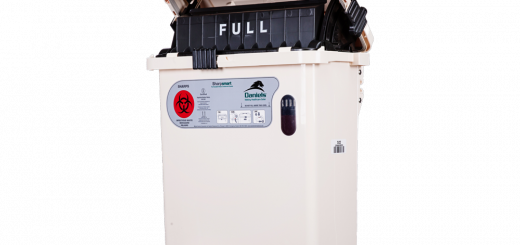The Role of Probiotics in Digestive Health
Digestive problems are one of the most common complaints that doctors hear, with antacids being the most common prescription and over-the-counter medications that people buy. Probiotics can relieve many of these common digestive ailments.
What are Probiotics
Our digestive tract or our gut has trillions of bacteria, some good and some bad. When you have more bad bacteria than good bacteria in your gut, health problems and digestive issues can occur.

A poor diet is one reason you can have more bad bacteria than good gut bacteria. Another reason can be too much alcohol, which can kill the good bacteria. Also, taking antibiotics can destroy both good and bad gut bacteria, which means you need to replenish the good gut bacteria.
Probiotics are foods like miso, sauerkraut, and yogurt and supplements that contain good bacteria. Probiotics are the live microorganisms or bacteria that populate the gut with good bacteria. Probiotics help you have more good gut bacteria than bad, which can help to get rid of digestive issues.
Probiotics and Digestion
Our gut has probiotics and digestive enzymes, and they both aid in digesting the foods you eat. Some strains of probiotics will help create enzymes and keep the digestive tract functioning properly.
Digestive probiotics break down the foods you eat, so they can be converted into nutrients that your body needs. Having too many bad gut bacteria can cause an environment in the gut that hinders nutrient absorption. If your digestive system cannot break down the food properly, it can lead to nutritional deficiencies.
How to Use Probiotics for Digestive Health
Eating a healthy diet that is high in fiber will help the good gut bacteria multiple and thrive. These foods are called prebiotics. Some of the best prebiotic foods are onions, bananas, whole or rolled oats, apples and garlic.
Taking digestive probiotics will introduce more good gut bacteria into your digestive system. The prebiotic foods will help these probiotics stay healthy and multiple, overtaking the bad gut bacteria.
Probiotics work best if taken on an empty stomach. The first thing in the morning is the best time to take a digestive probiotic or an hour before eating a meal.
Benefits of Probiotics
Digestive health issues that probiotics can help relieve include:
- Constipation
- Diarrhea
- Diarrhea from antibiotics
- Irritable bowl syndrome (IBS)
- Clostridium difficile (C.diff) infection
- Ulcerative colitis
- H. pylori (the cause of ulcers)
- Crohn’s disease
- Vaginal infections
- Urinary tract infections
Probiotics can also help with weight loss. Studies have found that certain types of bad gut bacteria can hinder weight loss, cause weight gain and obesity.
In addition to relieving digestive issues, probiotics can help alleviate skin problems like acne, psoriasis and eczema, boost the immune system and improve mental issues.
Side Effects
The most common side effect can be bloating and gas when you first start taking a probiotic, which should clear up within a week. Anyone with an allergy to dairy, lactose, eggs, soy or gluten should make sure to check the ingredient label. Probiotics, along with a healthy diet, will increase the good gut bacteria in your digestive system. This will help with proper digestion, which can relieve digestive health issues.



